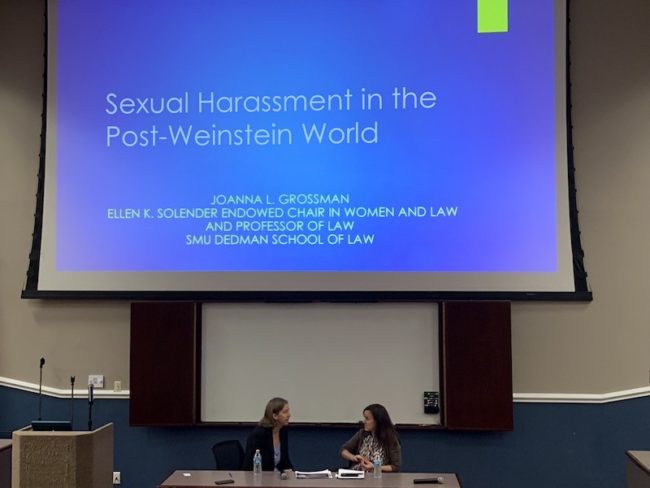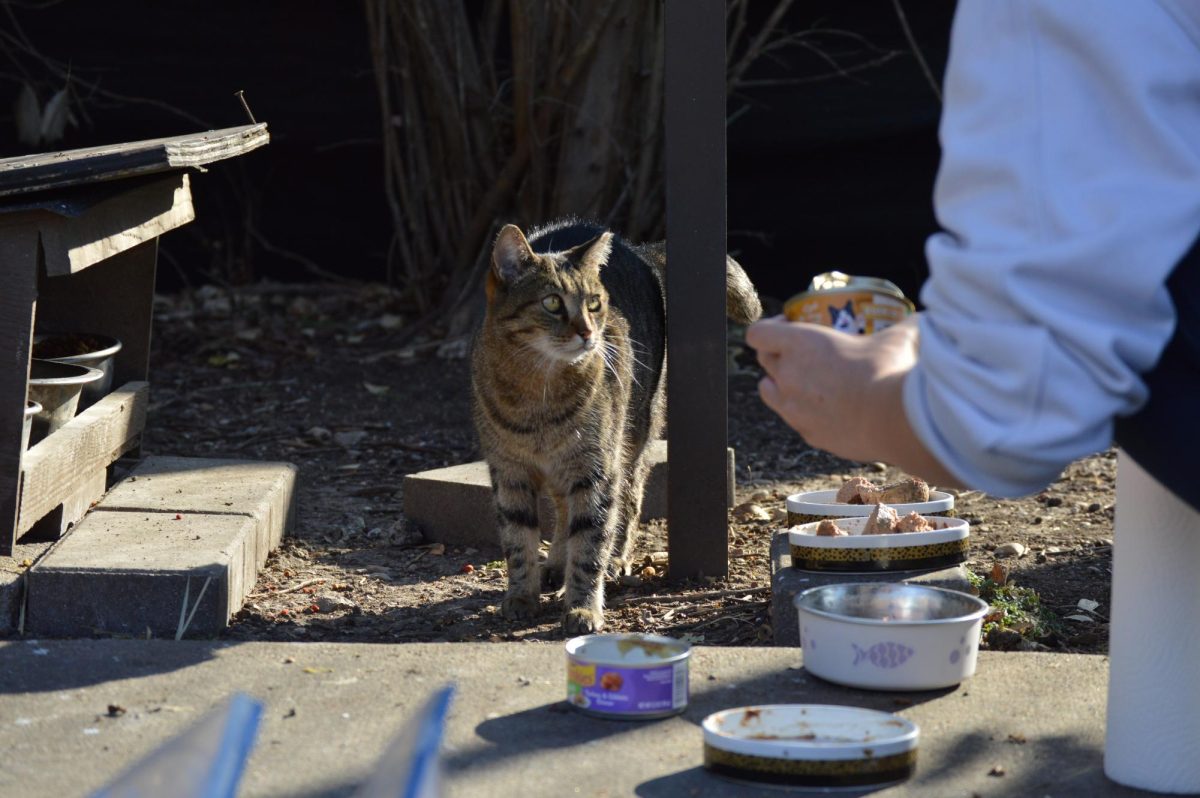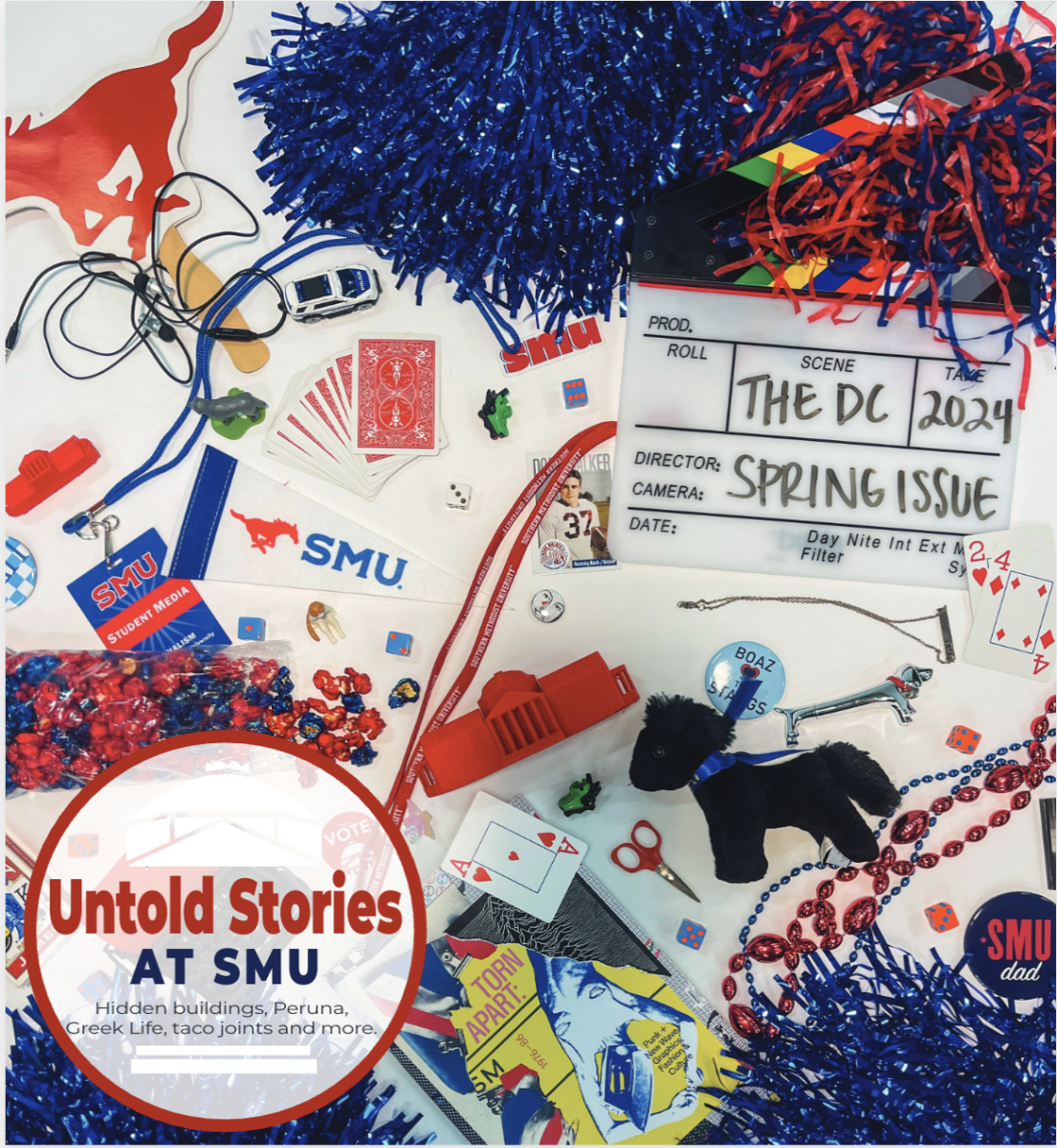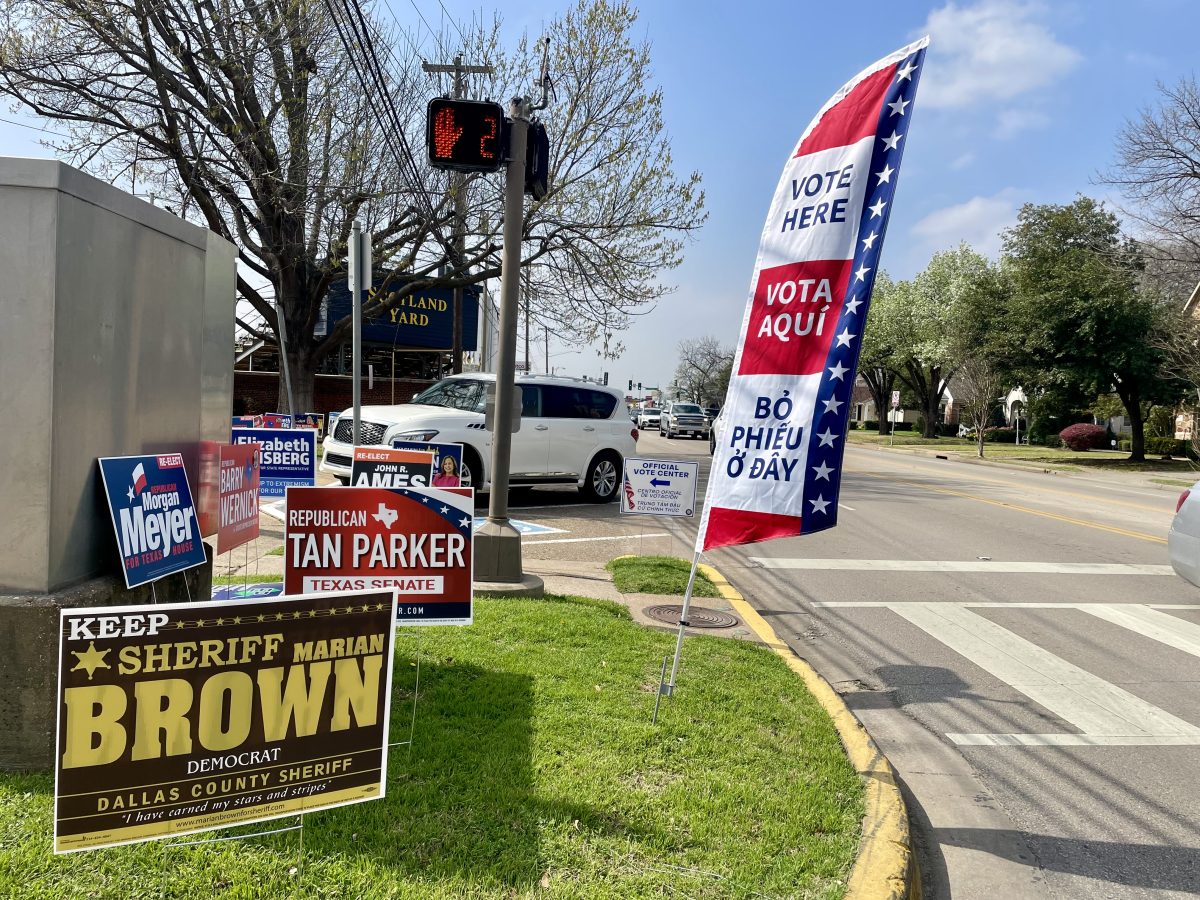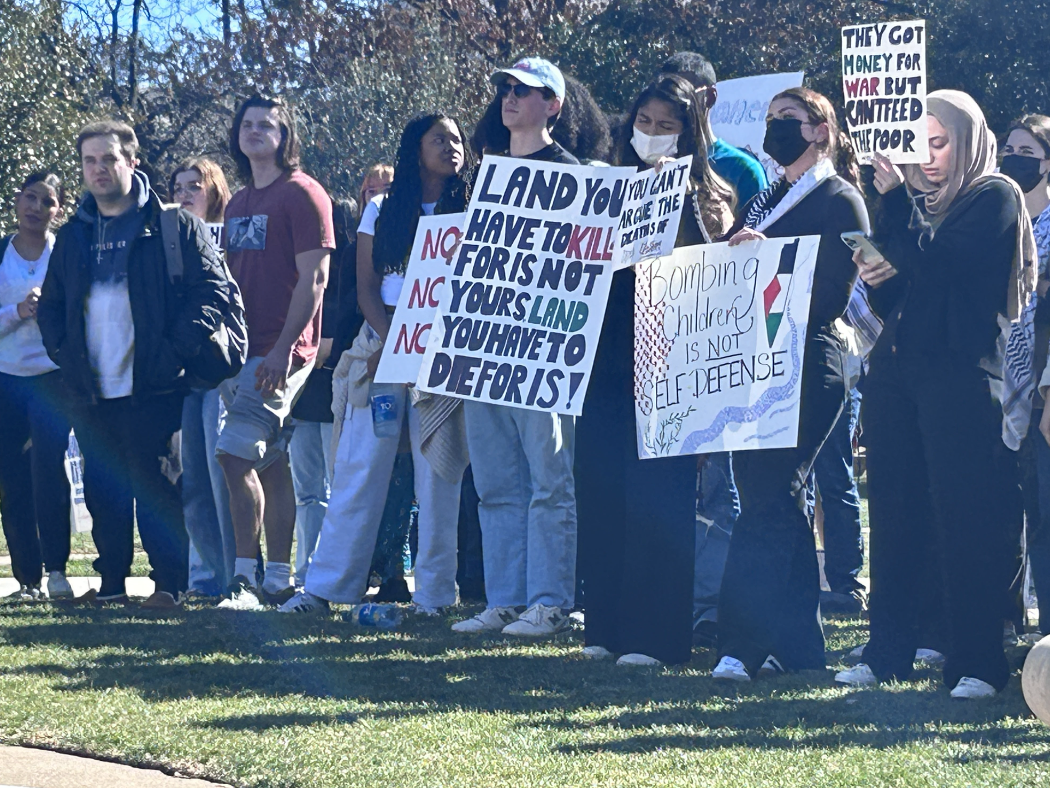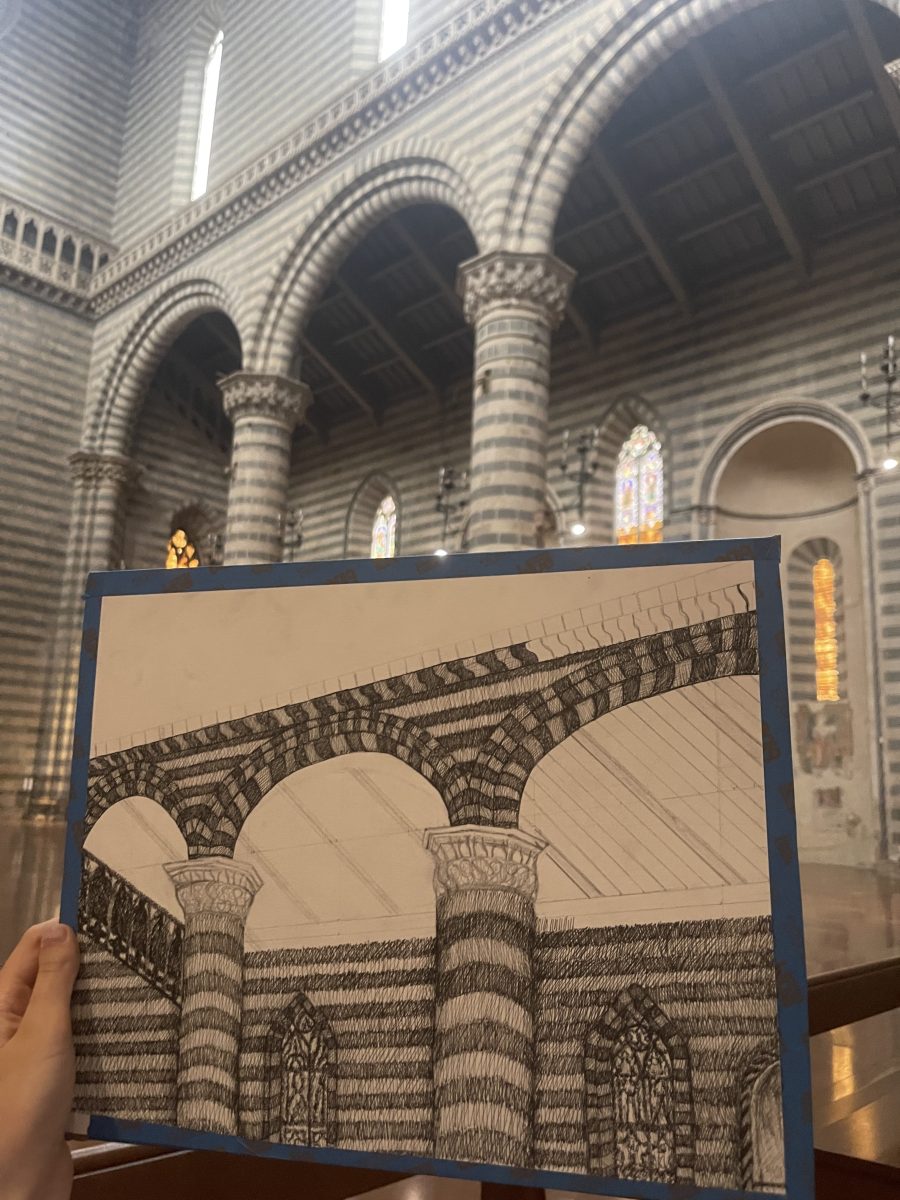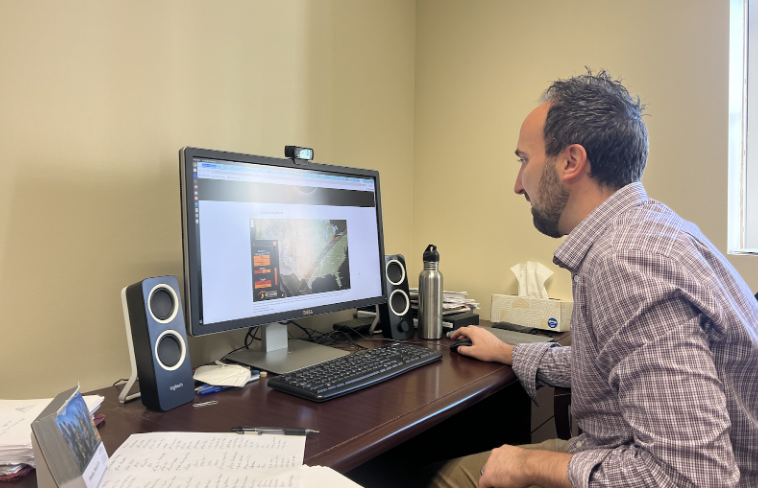In the wake of the #MeToo movement, discussions and panels on sexual assault have been everywhere. On Tuesday, Oct. 30, the SMU Tower Center joined the fray with “A Conversation with Joanna Grossman: Sexual Harassment in a post-Weinstein World” at Hughes Trigg Student Center.
Joanna Grossman, whose law specialities include sex discrimination and family law, is an extremely accomplished professor. She was formerly the Ellen K. Solender Endowed Chair in Women and the Law, and she is a professor of Law here at SMU. This lecture was originally given earlier this spring at the Zeughauser Roundtable in Newport Beach, California.
Grossman began her presentation on sexual harassment with the reveal #MeToo has been shared in over 85 countries millions of times. Although this movement may make it seem as if sexual harassment is only taking place at the executive levels, it is happening across the board.
“Women share their stories, and high-profile men get fired,” Grossman said.
Grossman revealed a multitude of reasons why people don’t report their sexual harassment, among them being reframing or denial of the event, loss of privacy, fear of not being believed, and the fact that their lives are likely to get worse if they report. Campaigns like Times Up and #MeToo have raised awareness to an issue that disproportionately affects women, but the issue is far from over.
“It happens on both sides. Yes it does, very infrequently,” Grossman said.
She then gave the example of Asia Argento, who was among the first to stand against Harvey Weinstein. Since then, Argento has been accused of assaulting Jimmy Bennett when he was only 17.
Sexual harassment in the workplace is not new, and it’s not over.
“It’s an open secret, yet a culture of silence,” Grossman said.
As originally reported in CNN by Jeremy Diamond, President Trump said after the Kavanaugh hearings, “It is a very scary time for young men in America, where you can be guilty of something you may not be guilty of.”
Grossman’s response?
“It shouldn’t be,” she said. “The ‘scary time’ for men should make them think, ‘well I want to behave in ways that are better.’”
Grossman said statements like that of President Trump perpetuate the societal stereotype that “scorned women lie,” and she explained the damage that false reporting does to stereotype women.
“A lot of men fear that their past will catch up to them, ” she said.
During the Q&A portion, Natalie Nanasi, an assistant professor of Law and the director of the Judge Elmo B. Hunter Legal Center for Victims of Crimes Against Women, spoke of a recent article she read regarding Larry Nassar’s crimes as the team doctor for USA gymnastics. Nanasi summarized it by saying all it took was “for one police officer to start from a place of belief.”
Bora Laci, program manager and director of studies for the Tower Center for Political Studies, was eager to have Grossman speak after hearing Grossman a year ago on NPR.
Concluding her talk, @JoannaGrossman laid out the implications of the #MeToo movement, most importantly the onset of public pressure to hold institutions accountable.
“It’s clear that this is a moment, but will it be a shift?”
— SMU Tower Center (@SMUTowerCenter) October 30, 2018
“With many campaigns on women’s empowerment, I think it is important that women not only have a voice but also make sure that they are heard, supported and empowered to speak up,” Laci said.








